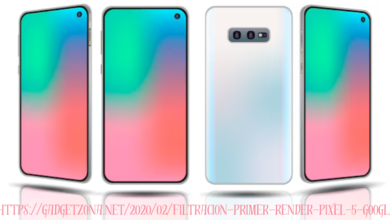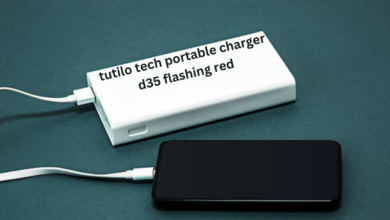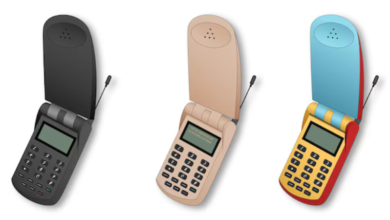Samsung monitor 99.98 hz instead of 100hz
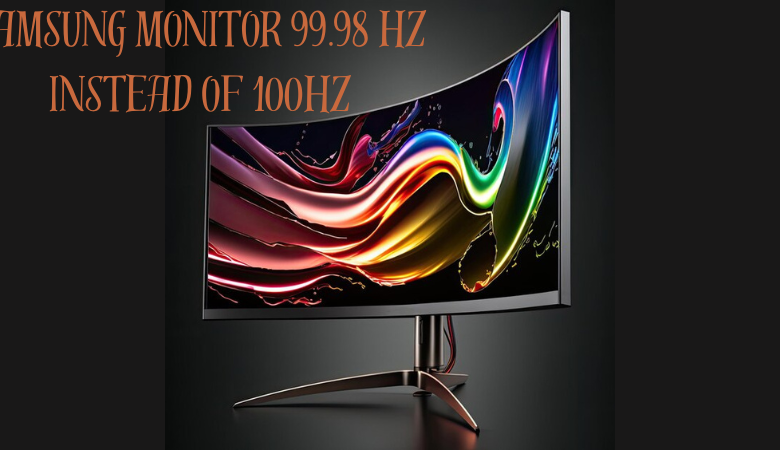
Hertz, or Hz, is more than just a technical term; it is the pulse of our digital screens, the heartbeat that brings images to life. When we talk about refresh rates, we are discussing how often a screen can redraw an image per second.Samsung monitor 99.98 hz instead of 100hz monitor refreshes 100 times per second, offering a fluidity that feels as smooth as silk flowing in the wind. So, why then, does a Samsung monitor choose to sing its song at 99.98 Hz instead of reaching the full crescendo of 100 Hz?
Samsung’s Vision: A Legacy of Precision
Samsung has long been a name synonymous with innovation. Each product they craft carries with it the weight of years spent perfecting the art of display technology. They do not settle for “good enough”; they aim for excellence in every pixel. The decision to land at 99.98 Hz is not a mistake but rather an intentional choice, a deliberate brushstroke on the canvas of digital artistry.
But it leaves us wondering—why not just go all the way?
99.98 Hz: The Almost-Perfect Cadence
At 99.98 Hz, your monitor is close, so tantalizingly close to 100 Hz. The difference? A mere 0.02 Hz—a whisper in the wind, a single breath in the vast expanse of digital time. It’s like reaching out to touch a star and just barely grazing its light. This slight deviation is not something the average eye would easily catch, but for those who notice, it is a haunting reminder that perfection remains just out of reach.
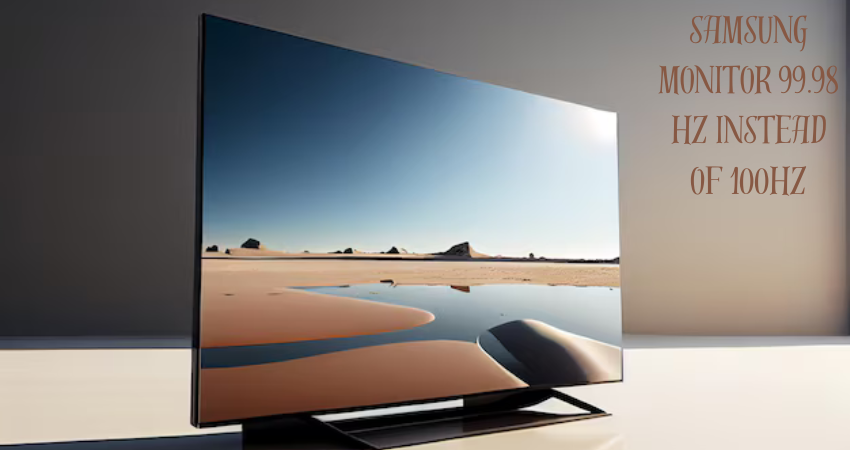
Why Not 100 Hz?
One might ask, “Is it a technical constraint? A limitation of hardware?” The truth is more nuanced. In the world of electronics, many things are not as rigid as they seem. Small fluctuations in frequency are often a byproduct of the intricate dance between hardware components, like the timing between the graphics card and the display. Sometimes, that 0.02 Hz difference is an artifact of these complex relationships.
The User’s Perspective: Does It Really Matter?
For most users, the question of whether their monitor runs at samsung monitor 99.98 hz instead of 100hz may seem inconsequential. After all, our eyes cannot easily discern such tiny variations. Yet for those who demand absolute precision—gamers, designers, and enthusiasts—the slight shift becomes a point of focus. It’s in these moments of near-perfection that we are reminded of the beauty of the pursuit.
Technical Deep Dive: Understanding the Mechanics
The dance between display and graphics card is a delicate one. Every refresh rate is a product of finely-tuned synchronization, influenced by the GPU, software, and screen. A small misstep, a fraction of a second off, and the result is samsung monitor 99.98 hz instead of 100hz. It’s as if two dancers were ever so slightly out of sync, their movements still graceful but not perfectly aligned.
How 0.02 Hz Can Change the Experience
Will you notice the difference? In fast-paced gaming, where every millisecond counts, that 0.02 Hz could mean a fractional delay in motion rendering. It’s the difference between a fluid headshot and a frame that stutters ever so slightly. To the artist working on intricate designs, it might be the faintest blur in an otherwise crisp line.
Gaming and 99.98 Hz: A Fraction of a Frame
For gamers, where precision is paramount, every frame is a battleground. A monitor running at 99.98 Hz offers nearly the same fluidity samsung monitor 99.98 hz instead of 100hz, but in competitive arenas, “nearly” is often not enough. That fraction of a frame, invisible to most, can be the difference between victory and defeat.
Designers and Creatives: Is 100 Hz Crucial?
For those in the creative field, the subtle difference between samsung monitor 99.98 hz instead of 100hz may not be as impactful. After all, the human eye is incredibly adaptable, and the minute variance in refresh rate may go unnoticed. But for the perfectionist, even the slightest deviation from 100 Hz can feel like a flaw in their masterpiece.
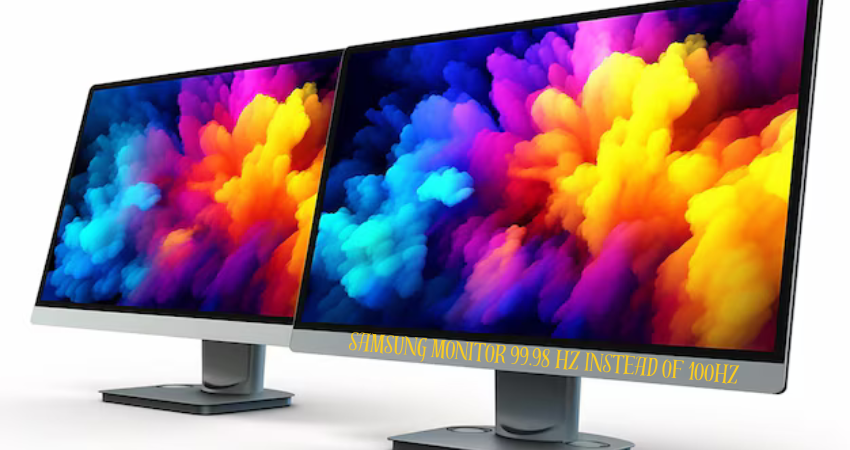
Conclusion: The Beauty in Imperfection
As we stand on the precipice of technological perfection, it’s the almost-there moments that remind us of the wonder of creation. Samsung’s 99.98 Hz monitor may not reach the full 100 Hz, but in that small imperfection lies a reflection of life itself—a journey of striving, of reaching, of dancing ever so close to the stars.
FAQs
1. Can the human eye detect the difference between 99.98 Hz and 100 Hz?
For most people, the difference is imperceptible, but highly sensitive users like gamers may notice slight shifts in motion clarity.
2. Why doesn’t Samsung just make it 100 Hz?
The 99.98 Hz refresh rate could be a result of hardware synchronization issues or design choices made to ensure overall system stability.
3. Does this affect gaming performance?
In fast-paced, competitive gaming, the slight deviation might impact frame timing, though most players won’t notice a significant difference.
4. Is it possible to adjust the monitor to exactly 100 Hz?
Some advanced users may tweak settings to get closer to 100 Hz, but it’s not always necessary or beneficial for everyday use.
5. Will future monitors achieve 100 Hz more consistently?
As technology evolves, manufacturers may be able to refine synchronization and deliver more consistent refresh rates in future models.
